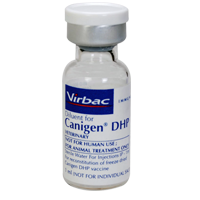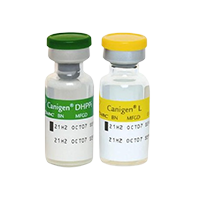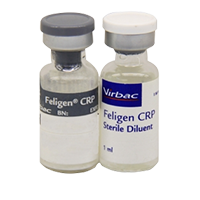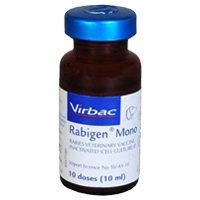
Dog and cat vaccination: what is it for? Consultation and vaccination reminders
As in humans, vaccination has a double objective:
-
Protect your pet against infectious diseases. Vaccinating him will allow him to stay in good shape and healthy!
-
Protect people from the circulation of agents responsible for these diseases. Vaccination prevents the disease spreading from one animal to another.
For certain diseases common to humans and animals, vaccinating animals also protects humans.
It is therefore an important medical act. The larger the number of vaccinated animals, the lower the frequency of the disease in the population.
Releasing the vaccine pressure leads to facilitating the re-emergence of the disease!
A vaccine can protect against one or more diseases. There are vaccines against viruses, bacteria and parasites.
Vaccination against these different diseases may be essential or optional. It is your vet that will choose the appropriate vaccines for your pet based on your lifestyle, your location, the trips made.
To put in place an effective immunity, several injections are necessary in the first year.
Once in adulthood, regular reminders are essential for the protection to remain effective throughout the life of your pet.
You must be careful to respect the vaccination protocol recommended by your vet if you want your pet to be protected correctly. If the reminders are not well done, it may require to resume the vaccination protocol from the beginning !
In France, all dogs and cats are not properly vaccinated. Yet, vaccination is useful to all dogs and cats; even those that live in the city, those that don’t go out or those that are getting old!
Your vet will discuss with you the types of vaccines you need to administer to your pet in function of his location, lifestyle and age.
Thanks to vaccination over the last 10 years, some serious diseases have become rare.
Is this a reason to stop vaccinating? No, on the contrary! It is essential to continue to vaccinate as without this, the disease risks to reappear. We must not forget that for dog and cat diseases, the fauna and wildlife often represent a reservoir where viruses are always present.
Continuing to vaccinate in a reasonable and personalized manner makes it possible to maintain a vaccination coverage sufficient to limit the risks of diseases re-emerging.
Your vet will be able to give you advice on the useful vaccines for your dog or your cat.
Vaccination is done by the vet during a consultation.
During this, the vet will carry out a complete health check which will permit him to detect any possible problem.
On a puppy or a kitten, this is an opportunity to make a report on growth, education and behaviour, food, pest control, medical or surgical castration, hygiene. On an ageing pet, the consultation can be an opportunity to make a senior assessment, including a blood test. It is therefore a privileged moment of exchange between the vet, the pet and the owner.





